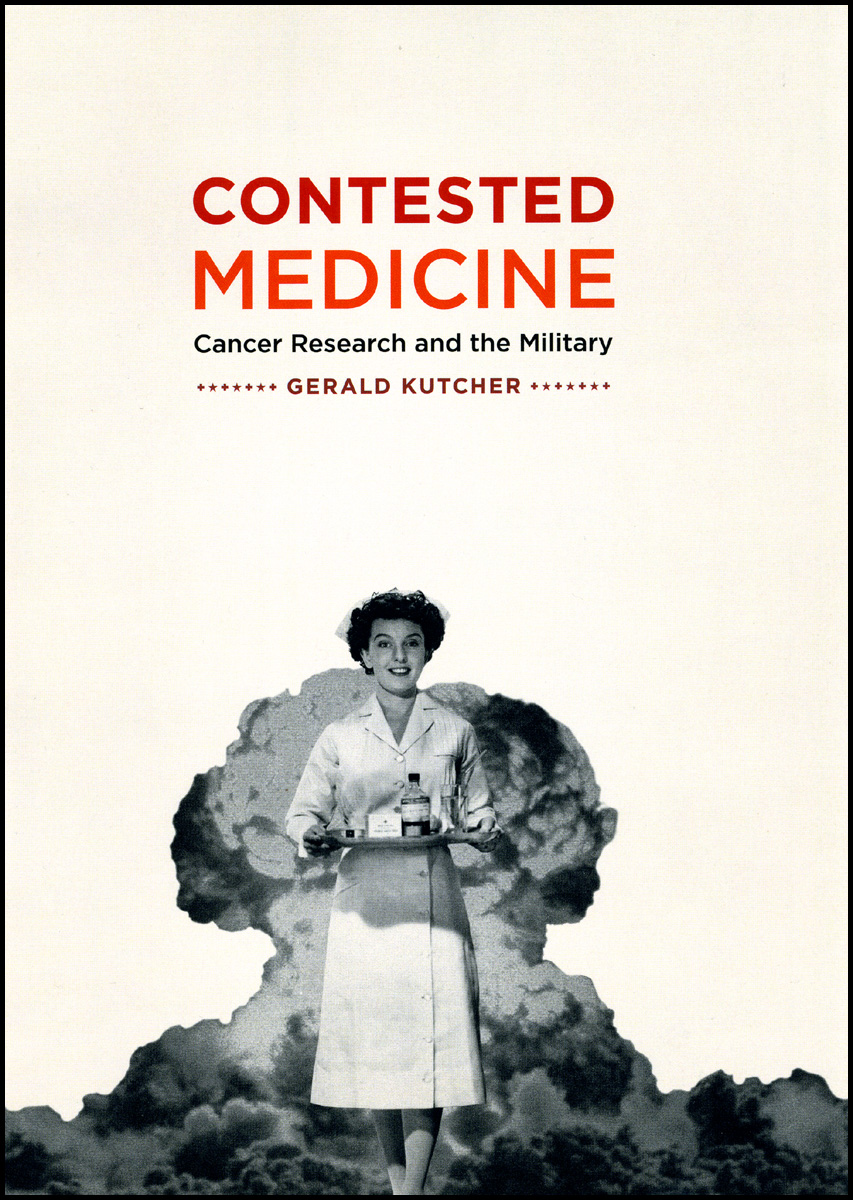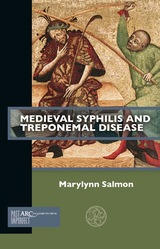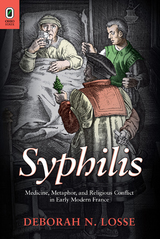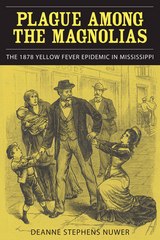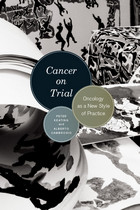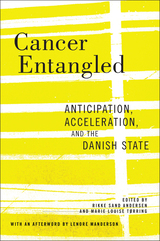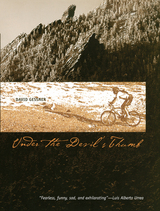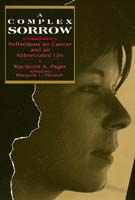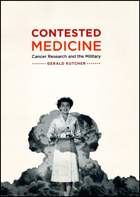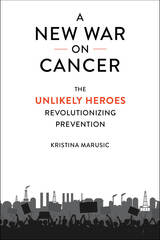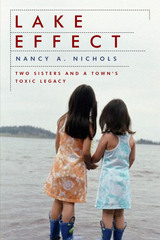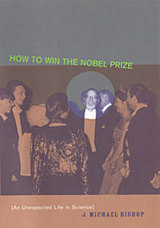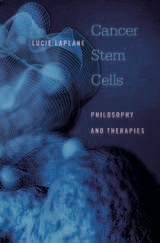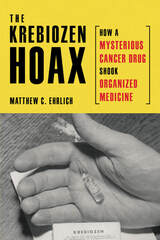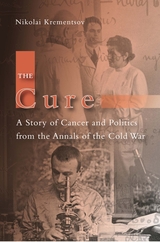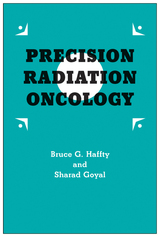“What is truly original about Contested Medicine is that, by using the science studies approach applied to a specific historical case, Kutcher shows not only how ethics were constitutive of the shape of experimental work on cancer at its inception but how both of these things were mutually changed over time.”
— Christopher Lawrence, Wellcome Trust Centre for the History of Medicine, University College London
“Contested Medicine is an extremely interesting, thorough, and thoughtful consideration of the experimental treatments using whole-body radiation applied to cancer patients at the University of Cincinnati by Dr. Eugene Saenger and his colleagues. What makes this work especially valuable is the rich context provided for the studies as well as the case study method used in the analysis. It is quite nuanced and provides the social and historical context for the studies and the evolving bioethics of the time.”
— Samuel Hellman, University of Chicago
“Gerald Kutcher uniquely combines high-level expertise in medical physics, the sociology of scientific knowledge, and medical history. In this elegant book he sensitively dissects a historical case study that biomedical ethics has made notorious. But Kutcher does not judge retrospectively; he seeks to recreate the tensions of the time. Clinicians, historians, and social scientists can all learn much from his example.”
— John V. Pickstone, University of Manchester
“Beautifully written and filled with insights, Kutcher’s Contested Medicine movingly illuminates the ethical complexity of some of the most notorious biomedical research of the twentieth century. This is not a reclamation or an innocence project for the notorious Saenger and his colleagues, who irradiated and even apparently hastened the death of patients suffering from advanced cancer. Rather, it demonstrates in persuasive detail the vexing consistencies of Saenger’s research practices with those of his peers, and in the process it explains how and why Saenger could carry out this troubling research program over many years without being shunned and isolated by the scientific community. Kutcher’s sometimes passionate book is an extremely important contribution to our ongoing assessment of modern medicine and its ethical quandaries. It should be widely read.”
— Susan Lindee, University of Pennsylvania
"With its assured writing style and treatment of the relevant clinical and ethical issues, Contested Medicine: Cancer Research and the Military is one of the most interesting books on medical ethics to appear in years. Gerald Kutcher avoids seeking easy moral generalizations and avoids the trap of providing an insiders’ account as he teases out the nuances of cold war research on cancer. The needless suffering and lonely deaths in the cause of medical research which this book documents need a chronicler of Kutcher’s skill and sympathy for us to feel the real moral weight of what was at stake."
— Trevor Pinch, Cornell University
"A passionate book. . . . A thoughtful essay on controlled clinical trials and on clinical experimentation, whether therapeutic or observational. For this alone, the book should be available in every medical library, although some of the details may be more than most of us want—or one hopes—need."
— Howard Spiro, Yale Journal for Humanities in Medicine
"A magnificent addition to medical history in general, clinical research in particular—a must read for anyone intent upon becoming involved in clinical trials."—Alex Stojadinovic, Lancet Oncology
— Alex Stojadinovic, Lancet Oncology
